The conversation that woke me up
It was the fall of 2018, and I was having what I thought was a casual conversation with my friend Gordon Starr–just two business leaders catching up on what we were up to personally and with our work–one of many such conversations we’d had over the years. Then I mentioned that my 65th birthday was approaching and I wasn’t sure how to feel about that milestone. How had 65 crept up on me so fast?
”You’re approaching 65. So you’ve got maybe 25 years left. How are you going to spend the next 25 years of your life?” Gordon asked.
What? This was no longer a casual conversation.
“Try flipping your aging paradigm like I did,” he advised. “I have 22 years left, and I really recommend looking at how you are going to take advantage of what life has given you so far. How will you make the maximum difference going forward?”
Whoa! Gordon’s questions had stopped me in my tracks. I needed to think.
Quite honestly, I had never spent much time thinking about the future, or dare I say, retiring and aging. I was focused on the now, on whatever project I was passionately engaged in each year. And there was always more to do than I had time for. The future was a concern I didn’t have time worry about. It would all be fine as long as I kept feeding my 401K.
The truth was, that until it was right in front of me, the end of my life had always seemed way far away. But Gordon’s conversation woke me up. I did the math and generously calculated that at 65 I really did have about 25 years left.
Assuming I had good mental and physical health, 25 years seemed like a good amount of time, but I know from watching family and friends die unexpectedly that tomorrow isn’t guaranteed. I also have a familial history of dementia, and I carry both APOE 4 genetic markers, which increase my chance of Alzheimer’s. Against this background, my context became: I don’t have a minute to waste.
I still had a lot of things I wanted to experience and areas where I wanted to make a difference. I needed to take action. So I decided to retire the following year, once I hit 66.
What of my work? I was passionate about and committed to the large project I was working on, but I knew the project would be far enough along in 12 months that I could feel comfortable retiring from the tech company I worked for.
I notified the company of my plans, but I am pretty sure no one believed I would actually retire. As my self-imposed retirement date approached, my employer asked a question I had never considered: Would I work part-time? I could give up my VP responsibilities, become a “Fellow” mentoring younger leaders, and provide general industry guidance around the project. This was one of those really great offers you can’t refuse, and after careful thought and much discussion with my husband and close friends, I decided to take it.
Sounds sweet, right? Well, for someone like me, used to being in the thick of things, weighing in on every decision, having responsibility for so much and well, being “important,” it wasn’t that easy. One might call it an identity crisis; it sure felt like one.
No one worked for me any longer. I wasn’t in critical meetings. I didn’t manage a budget. I didn’t call any shots. And I didn’t always agree with the approach others took. What the heck was I doing?
My new role was primarily that of a coach. I had done some executive business coaching in the past and I’d been pretty good at it. I’d taken it seriously, and the people I’d coached had accomplished quite a bit. I had also led transformational programs and coached participants in those programs. Okay, I told myself, you can do this. Put your attention on the success of the folks you are mentoring–on what they say they need. Listen and ask questions; don’t give them the answers.
Yeah, I knew the mechanics of what to do, but like most things, my new mentoring gig was easier said than done. In the beginning, I found myself getting in the way. A lot. My ego (who me?) knew what they should do. I wanted to lead the witness and put my answers in their mouths.
For me, the process was downright painful.
I had gone from being an executive at the helm of a big project to being “the straw that stirs the drink” – someone who inspires others to action but isn’t at the center of the action herself.
I had huge doubts about this role. Was I really needed, or had I become one of “those people” who simply don’t know when it’s time to move on? I didn’t know, but I had given my word to stay the course for six months, and I am not a person to break my word.
It took me weeks to finally forget about myself and focus on them. But my mentees seemed to be getting value. They came to our conversations with good questions, and discovered they already had the answers. They’d just needed a sounding board and a little guidance. Inside this relationship, they were growing and blossoming.
Eventually, I realized that by supporting other leaders’ growth, I was making a difference in a much more sustainable manner. I was leveraging my skills and experience in a way that, while subtle, had real impact. I was a catalyst.
To my surprise, I found this new role to be deeply fulfilling. And I started to have fun. Maybe I was also growing?
As I recently told Gordon Starr, who checks in periodically to see how the transition is going: I am happy to be “the straw that stirs the drink.”
And that is a really great place to be.
 Liz Dietz is a founder/principal of the Love of Aging movement, along with her good friends and colleagues Candace Shivers and Maureen Charles.
Liz Dietz is a founder/principal of the Love of Aging movement, along with her good friends and colleagues Candace Shivers and Maureen Charles.
Liz has spent the last 35 years devoting herself to the professional goal of transforming higher education through technology. Her experience includes designing, building, marketing, and supporting innovative software solutions in the education market.
Her interest in the concept of healthy aging began in 2006 when she served on the Wise & Healthy Aging Board of Directors while participating in the care of her mother who was suffering from dementia. As a Boomer in her mid-60's, Liz is at work creating the next and grandest chapter of her life starting with Love of Aging.
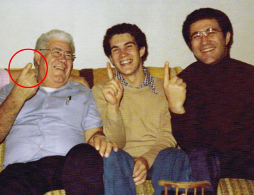 The index finger plays an important role in gripping a golf club and there was a strong possibility my dad wouldn’t be able to play golf again. That was bad news because his passion was playing golf on weekends.
The index finger plays an important role in gripping a golf club and there was a strong possibility my dad wouldn’t be able to play golf again. That was bad news because his passion was playing golf on weekends. 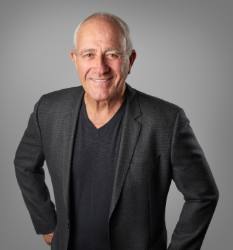 After completing 40 years as a creative director and educator in advertising, Julian Ryder founded The Right Brain Project—a creativity education and training firm helping leaders build creative cultures within their organizations. He is also an activist with The Hunger Project and ArtCenter College of Design in Pasadena. When not working, you’ll find Julian playing golf, skiing, or surfing.
After completing 40 years as a creative director and educator in advertising, Julian Ryder founded The Right Brain Project—a creativity education and training firm helping leaders build creative cultures within their organizations. He is also an activist with The Hunger Project and ArtCenter College of Design in Pasadena. When not working, you’ll find Julian playing golf, skiing, or surfing.
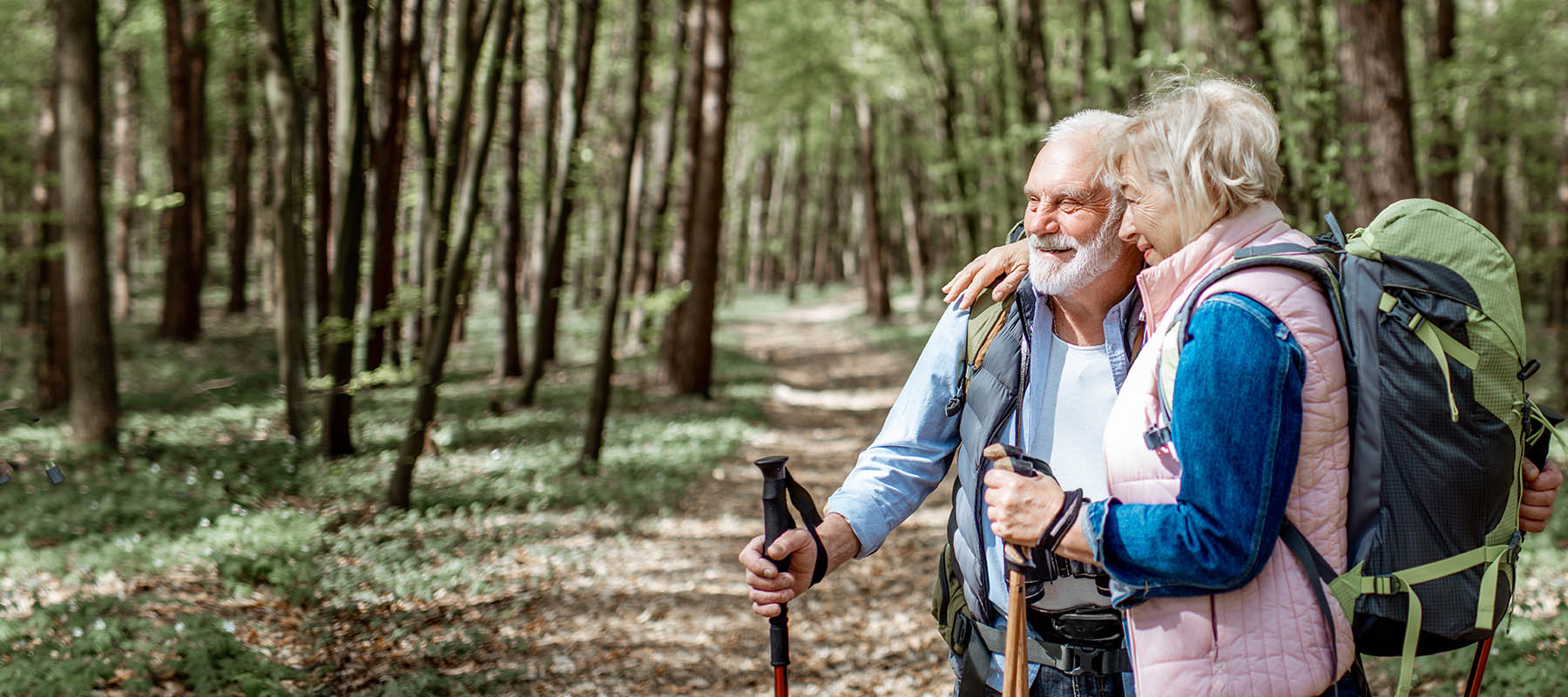



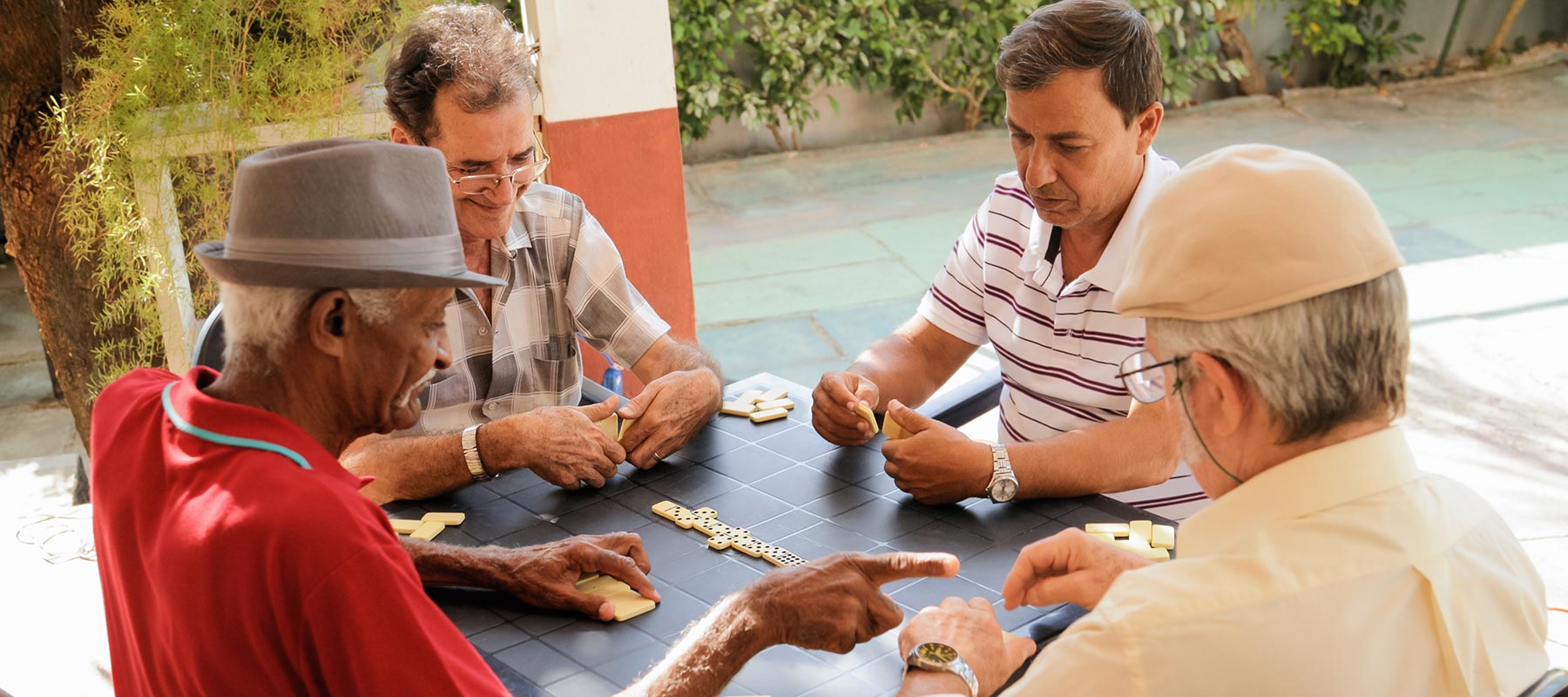
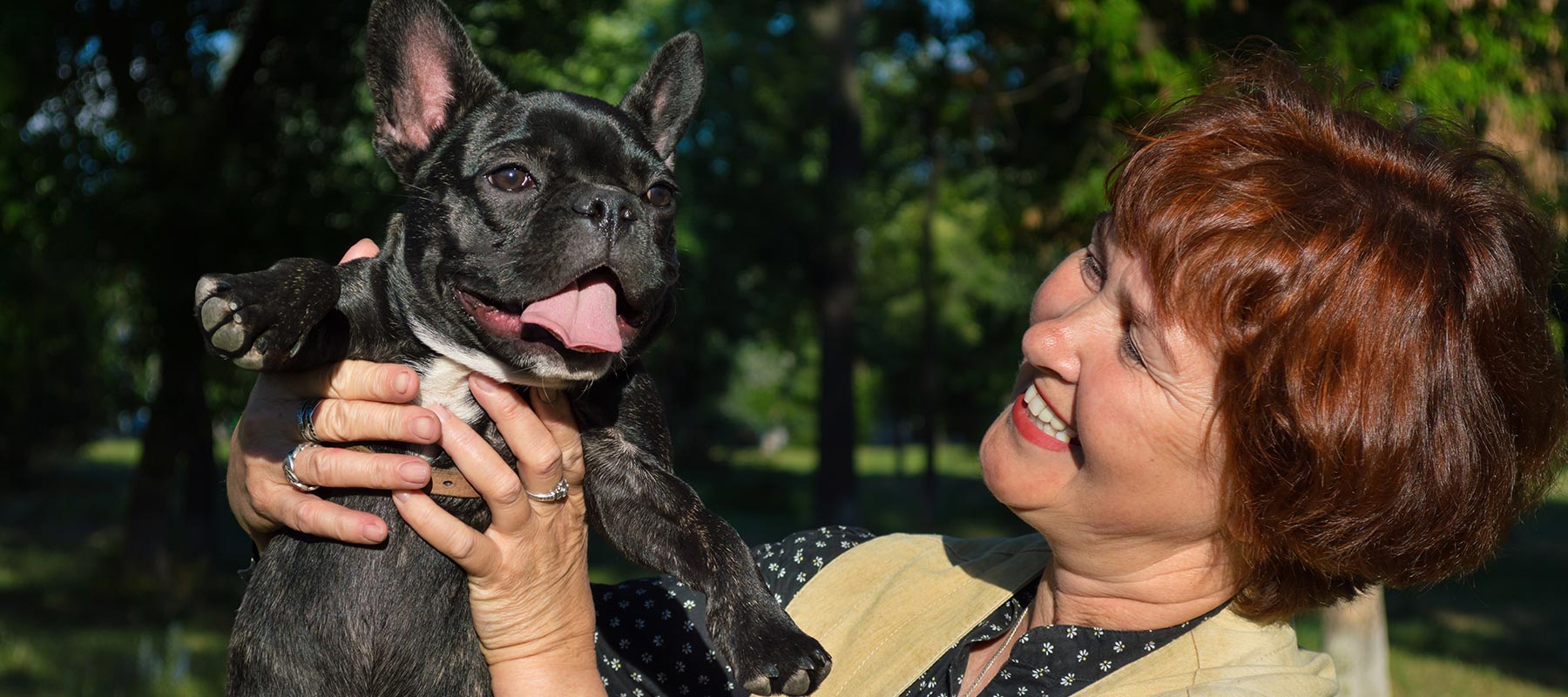
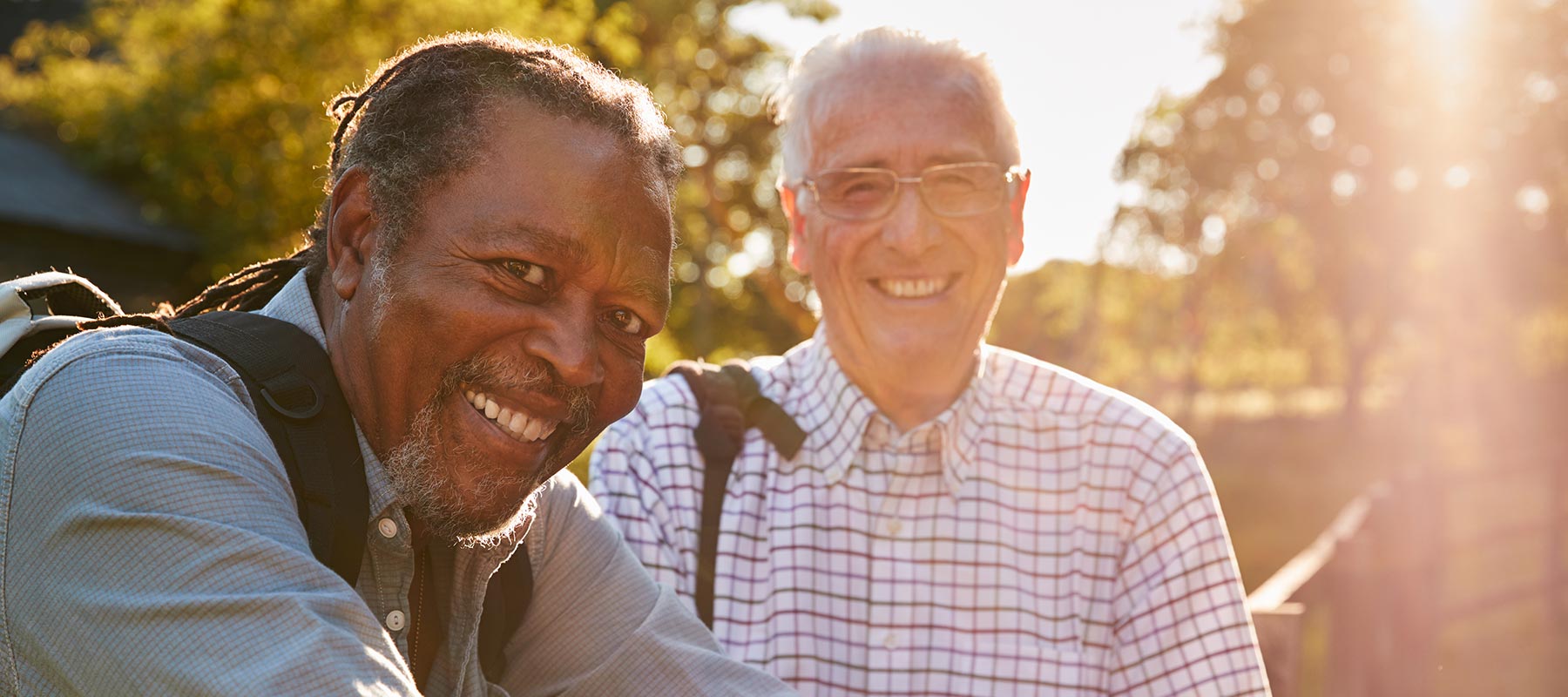


 Liz Dietz is a founder/principal of the Love of Aging movement, along with her good friends and colleagues Candace Shivers and Maureen Charles.
Liz Dietz is a founder/principal of the Love of Aging movement, along with her good friends and colleagues Candace Shivers and Maureen Charles.